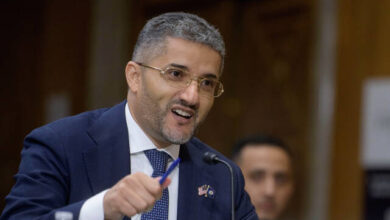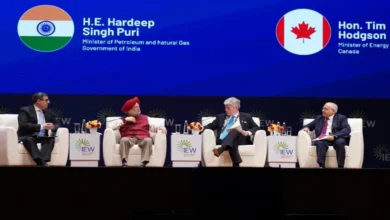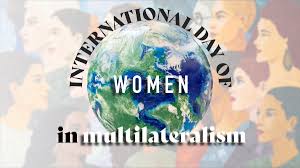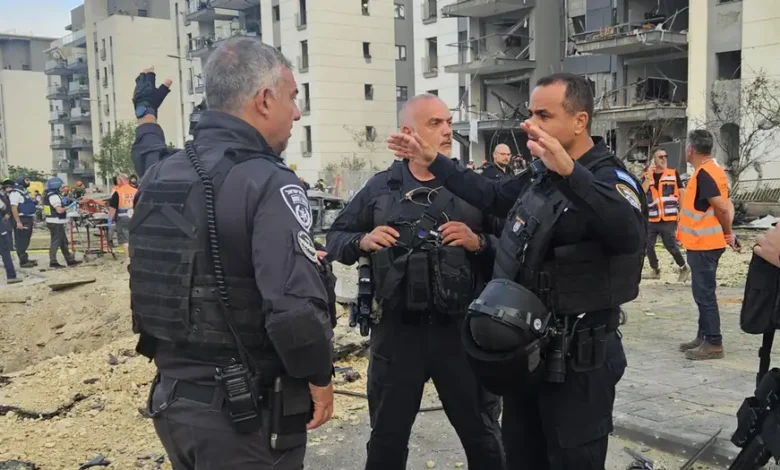
Foreign ministers from France, Germany, and the United Kingdom are meeting today with Iran’s Foreign Minister Abbas Araghchi in Geneva in an urgent bid to de-escalate a deepening crisis over Iran’s nuclear program.
The high-stakes talks also include EU Foreign Policy Chief Kaja Kallas, British Foreign Secretary David Lammy, French Foreign Minister Jean-Noël Barrot, and German Foreign Minister Johann Wadephul.
Speaking ahead of the meeting, Lammy revealed that he had held closed-door discussions with U.S. Secretary of State Marco Rubio and special envoy Steve Witkoff at the White House, emphasizing that “there is still a diplomatic path forward.”
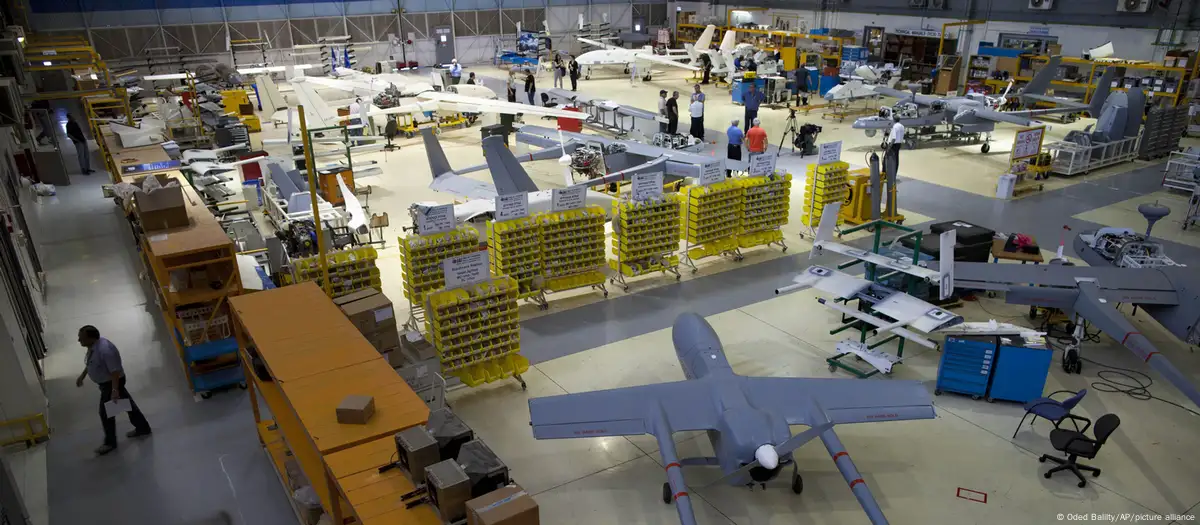
According to dw.com, he warned, however, that the window for a peaceful resolution is narrowing rapidly. “We have about two weeks to avoid the outbreak of full-scale war,” Lammy stated via the UK Embassy in Washington.
This diplomatic push comes as the Israel-Iran conflict, now entering its second week, continues to escalate. Israel has intensified its bombing campaign against suspected Iranian nuclear facilities, prompting fears of a broader regional war.
President Donald Trump is reportedly considering committing U.S. forces to support Israel’s military campaign, further complicating efforts for de-escalation.
In the early hours of Friday, the Israeli Defense Forces (IDF) announced that it had conducted “dozens of strikes” in Tehran, targeting key military and research infrastructure, including facilities belonging to the Organization of Defensive Innovation and Research (SPND), which Israel accuses of leading Iran’s nuclear weapons development program.
Meanwhile, global efforts to evacuate citizens and diplomatic personnel from the region are accelerating. China reported the evacuation of over 1,600 nationals from Iran and several hundred more from Israel. The EU facilitated the transport of 400 individuals to Jordan and Egypt, while France organized buses to assist citizens leaving Israel. Germany airlifted 345 citizens from Jordan over two days and is planning more evacuations over the weekend.
Australia also suspended all operations at its embassy in Tehran, citing the deteriorating security environment. Foreign Minister Penny Wong confirmed the deployment of defense personnel and aircraft to facilitate evacuations and revealed that consular teams have been stationed in Azerbaijan to assist Australians seeking to cross the border.
“This is a very fluid and dangerous situation,” Wong said, clarifying that no Australian military forces are participating in the conflict and no request for support has been made by the U.S.
As the conflict stretches Israeli military resources, its economy is starting to show strain. Already battling on multiple fronts — in Gaza, Lebanon, and now Iran — Israel’s defense spending has surged.
According to the Stockholm International Peace Research Institute, the country’s military expenditure rose by 65% in 2024, reaching $46.5 billion, or 8.8% of GDP — second only to Ukraine.
Labor shortages are also intensifying as thousands of reservists have been called to duty and work permits for Palestinians have been revoked, affecting industries reliant on foreign and migrant labor.
Nearly 22,000 of the 38,000 tourists in Israel have requested assistance to leave, according to the country’s Tourism Ministry. U.S. Ambassador to Israel Mike Huckabee urged American citizens — estimated at around 700,000 — to register for potential evacuation flights or maritime departures.
As tensions reach critical levels, the world watches Geneva closely, where European diplomats are making what could be the final attempt to prevent the Middle East from plunging into a larger and potentially catastrophic war.























